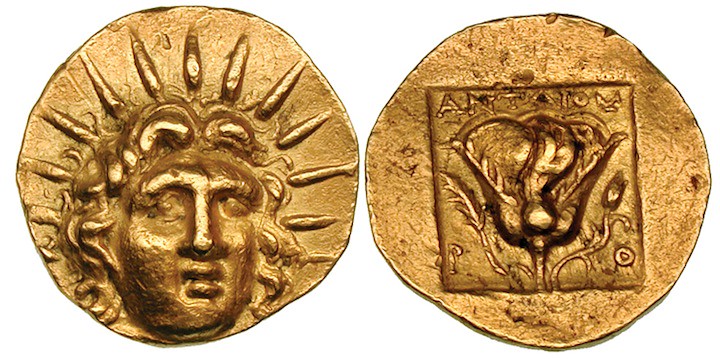
Why does real learning necessarily involve a sort of painful process? Why doesn’t it come more easily, more naturally and more pleasurably? Is there some obstacle in our path, some resistance that has to be overcome or some illusion that we must get rid of before real learning can begin?
Socrates answers all of these questions in his famous ‘Allegory of the Cave’ (Plato, Republic, 7.514a).
He describes our situation of ignorance as one that has been well-established since childhood: we dwell in ignorance (a dark cave), we are unable to move beyond that position of ignorance (“legs and necks fettered…remain[ing] in the same spot”] and although the path to knowledge is open to us (“a long entrance open to the light”) we cannot take it. Why? Because we are hypnotised by shadows of images flickering on the walls of the cave and echoes of sounds heard in the cave (things we assume to be ‘real’ and ‘true’) and we take these to be ‘reality’ and cannot imagine that another reality exists. Is this situation our fault? No. It is simply what we have always known.
According to Socrates, the process of learning and change involves many stages: a release from old preconceptions and assumptions (freedom from the fetters); a sudden shock (sufficient to make one “stand up suddenly”); a changed viewpoint (turning one’s head around); a recognition of true knowledge (the “light”) and pain (“pain…because of the dazzle and glitter of the light”). To realise that one’s knowledge has been built on a false foundation necessarily involves pain and a feeling of being “at a loss”. Do we enjoy this realisation? No. Our first instinct is to run back into the cave with its flickering images, and to dispute the existence of any reality outside of the cave. How easy and comfortable it is to settle back into our original position and to forget.
We must be compelled, by someone else, to overcome our unwillingness to leave our subterranean home:
“[But if] someone should drag him thence by force up the ascent which is rough and steep, and not let him go before he had drawn him out into the light of the sun, do you not think that he would find it painful to be so haled along, and would chafe at it, and when he came out into the light, that his eyes would be filled with its beams so that he would not be able to see even one of the things that we call real?” (Plato, Republic, 7.515e-516a)
Adjustment to the light, says Socrates, takes time and involves a gradual heightening of awareness. First, our eyes must adjust to seeing shadows, then reflections, then the objects themselves, then the light of the heavens, the stars and the moon, and eventually, the light of the sun (Good) itself.
This allegory applies to all forms of learning and education for all forms of learning are difficult. But Socrates had his eye on self-knowledge and knowledge of the Good above all other things and this learning he regarded as the most difficult (and precious) of all.
This allegory does not have to be read, as some would have it, as a sad reflection on the human condition, man’s hopelessness and ignorance, and his unwillingness to change. Amongst other things, it teaches us about the constant presence of Good; the very real possibility of a transition from ignorance to knowledge; recognition of the pain of realisation; acknowledgment of the realities of fear and struggle and internal resistance; our need for help from others; and the happiness that comes with achieving real learning.
Text available from:
Header image:
Gold stater of Rhodes (c.125-88BC): radiate head of Helios (reverse side has rose with bud on right, grain stalk on left, above moneyer’s signature ANTAIOY).
Image sourced from https://www.flickr.com:


